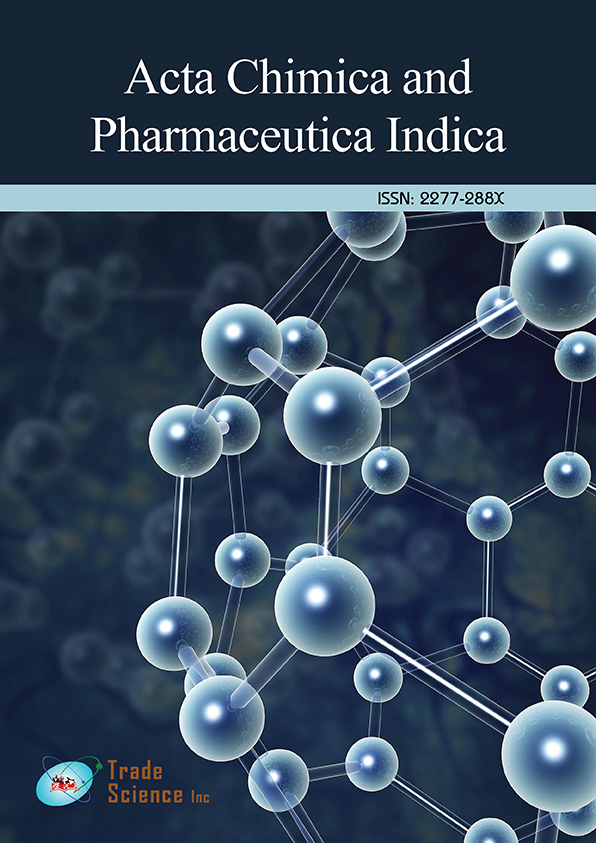Abstract
Biosynthesis of peptide hydrogels for biotechnological applications
Author(s): Chronopoulou LauraPeptide applications are growing significantly in the field of biomedicine (e.g. immunology, cell signaling, etc.). Such a significant and rapid development is due to the major clinical value that peptides have been acknowledged. A growing number of applications in a wide range of treatments for such conditions as cancers, allergies, Parkinson’s, multiple sclerosis, and heart failure is currently under development. Among peptides, peptide based hydrogelators represent an extremely interesting class because they can trigger hydrogel formation giving rise to the formation of biocompatible biomaterials of biological relevance. For example, applications include controlled drug release, tissue regeneration and tissue engineering. Moreover, self-assembling peptides could be used to develop injectable devices. Recently, relevant research efforts are being made in the field of the biofabrication of such self-assembling biomaterials. In particular, different classes of enzymes can be used to trigger the formation of peptide bonds between precursors that form peptide hydrogelators. Several enzymes derived from GRAS microorganisms can be employed to catalyze this reaction in aqueous medium, avoiding the use of organic solvents. Such novel, “green” synthetic procedures could have a strong impact on peptide production by introducing milder reaction conditions and limiting the use of harmful chemicals. Moreover, new hydrogel composites are being developed through the incorporation of nanofillers (e.g. polymeric nanoparticles, graphene), that offer the potential to tailor the mechanical strength of the native material, adding binding sites for further bio-functionalization with biological molecules, and supplying additional properties such as conductivity for regulating cell behaviors such as cell proliferation, differentiation or protein synthesis.
